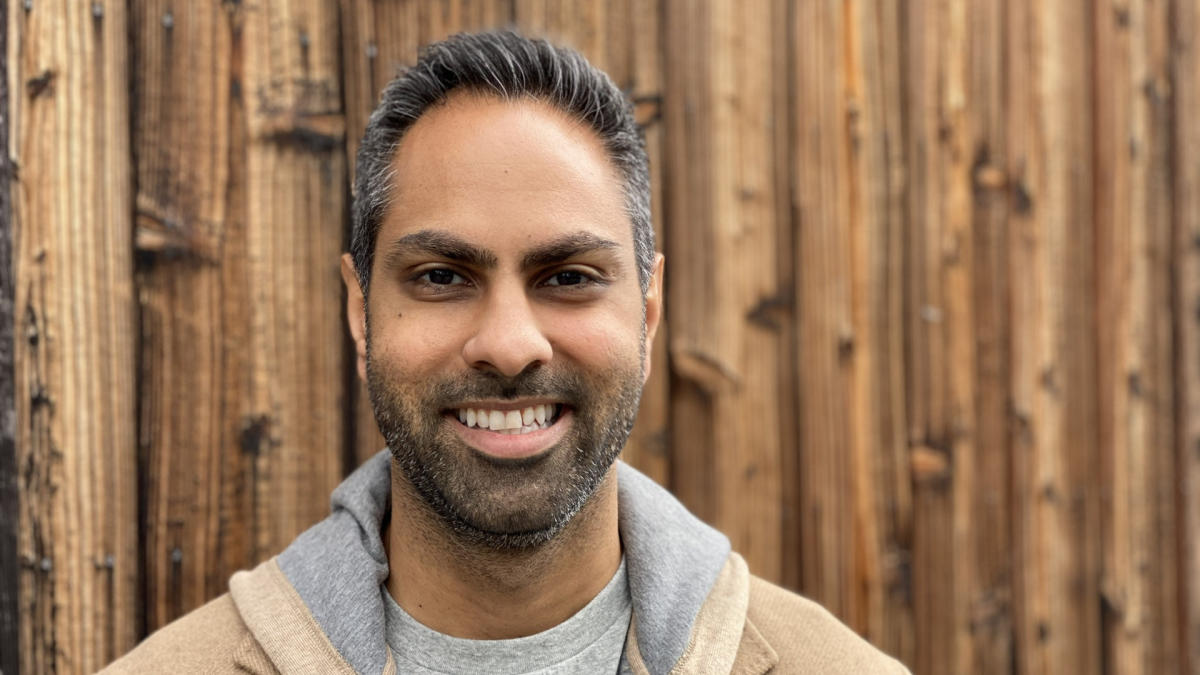According to a Discover Personal Loans survey, 86% of respondents reported being at least occasionally concerned about their finances in 2025. Many felt that expenses and inflation got in the way of their financial success in areas like paying off debt and preparing for the unexpected.
Trending Now: 3 Signs You’ve ‘Made It’ Financially, According to Financial Influencer Genesis Hinckley
Check Out: 7 Things You’ll Be Happy You Downsized in Retirement
If you’re living with this uncertainty or feeling like others are doing much better, look at where you really stand, since you might be pleasantly surprised. In a YouTube video, money expert Ramit Sethi shared these seven indicators that you’re more financially successful than you think you are.
A 2025 Vanguard study found that a $2,000 emergency fund boosts your financial well-being by 21% and you get another 13% gain with at least three months of expenses saved. That’s no surprise given the financial safety net and peace of mind that having substantial savings provides.
Sethi said you’re in good shape with six months of expenses saved, though he recommended 12 months in very unstable times, such as during the recent tariff confusion. This money will help in times of crisis, such as a job loss or big expense and give you some margin for decisions.
Discover Next: I’m a Financial Advisor: My Wealthiest Clients All Do These 3 Things
“If you have paid off all your credit cards or, frankly, you never let a balance accumulate, you are in very good company,” Sethi said.
He discussed how this shows you know how to control your spending and not get stuck racking up interest while you only make minimum payments. Being free of credit card debt also makes it easier to invest in your future. Sethi recommended a debt payoff plan if you haven’t achieved this goal yet.
According to Sethi, you’ve reached a major wealth-building milestone if you automatically put at least 10% of your pay toward investments. Ideally, you developed this habit while young so that the contributions and compound interest can pile up over the decades before retirement.
Even if you don’t feel like you’re accomplishing much yet with investing, Sethi explained that the long-term results are key. For example, you might be 25 years old and contribute just $300 per month. While this sounds like little progress, if you’re getting a 10% return and keep up contributing that amount through age 65, you’d have about $1.6 million.
Story Continues
While saving for big expenses is smart, opportunities and surprise costs often still pop up. Whether you have the chance to travel with friends at the last minute or need a sudden car repair, being able to calmly make the decision and afford the cost indicates being financially successful and having options.
“You have created enough financial slack in your life that one surprise expense is not going to throw you off plan and that is a powerful place to be,” Sethi explained.
Sethi described joyful spending as one of the signs of financial success that you often don’t hear about from traditional financial experts. He explained that intentionally (not recklessly) spending 15% or more of what you make on things you enjoy has its place in a healthy financial plan.
Otherwise, you might feel tempted to hoard your money and feel like you don’t have much control over it. By working out a budget that lets you buy things without guilt, you’ll be able to live with more balance and enjoy what Sethi called your “rich life” now and later.
“If you can talk about money clearly and calmly with yourself, with a partner, you have built one of the most overlooked forms of wealth: communication,” Sethi said.
Money can be an uncomfortable topic that leads to arguments or makes you feel bad or secretive about your situation. So, you’re doing well if you keep communication open and regularly meet with others to talk about your financial goals and ideas. Doing so also gives you chances to gain support and increase trust.
S&P Global’s 2024 U.S. Consumer Insights survey found that 83% of Americans used financial apps. While money apps make it easier to monitor your finances, make budgets and even invest, some people become too attached to these tools, leading to wasted time and even anxiety.
Sethi gave an example of someone who makes it a habit to check their money apps daily and look at their account balances so they feel some security. He explained that you’re doing well if you’ve automated your finances and don’t have to rely on money apps or spreadsheets in this way. He also recommended a clear, simple money management system over a complex one.
More From GOBankingRates
This article originally appeared on GOBankingRates.com: Ramit Sethi: 7 Signs You’re More Financially Successful Than You Think
